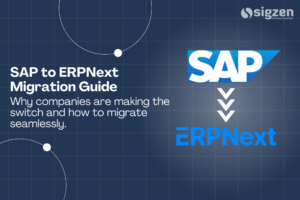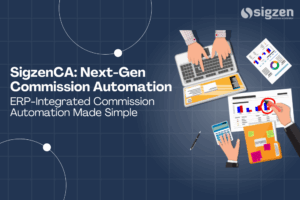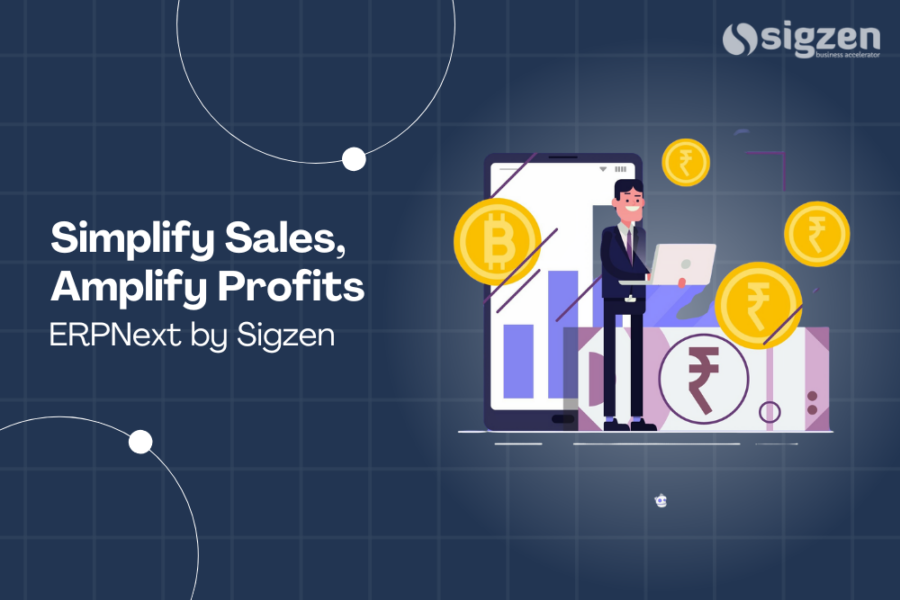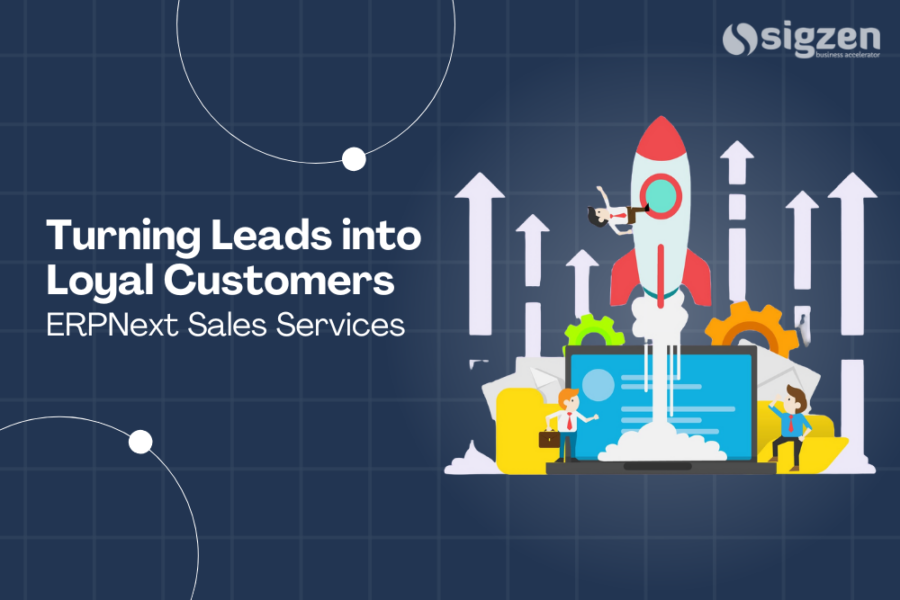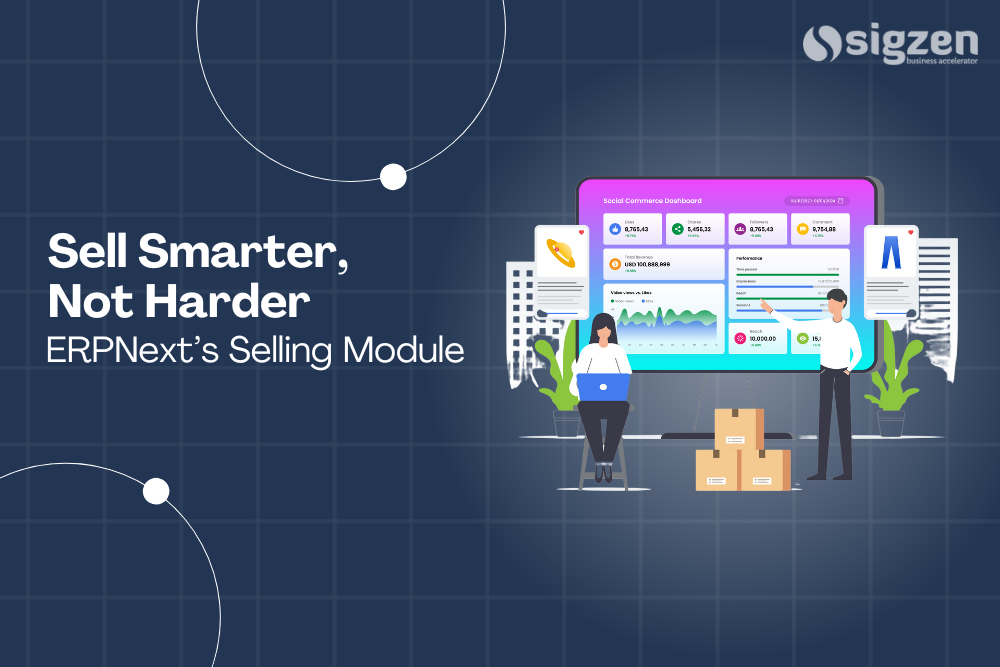
In the rapidly evolving landscape of modern business, staying ahead of the competition is imperative. To achieve this, companies are constantly seeking innovative solutions to streamline their operations, enhance efficiency, and ultimately boost sales. One such groundbreaking tool that has been revolutionizing the way businesses operate is ERPNext’s Selling Module.
Unraveling the Benefits of ERPNext
Streamlined Sales Processes
With ERPNext’s Selling Module, businesses can bid adieu to the complexities of manual sales processes. The module provides a seamless platform where you can effortlessly manage leads, convert them into opportunities, and close deals, all within a unified system. This streamlining of sales processes translates to significant time savings and increased productivity for your sales team.
Real-time Insights for Informed Decisions
One of the key advantages of ERPNext’s Selling Module is its ability to provide real-time data and analytics. This means you can track the progress of your sales pipeline, monitor individual sales rep performance, and gain valuable insights into customer behavior. Armed with this information, you can make data-driven decisions to optimize your sales strategy and achieve better results.
Customization for Your Unique Business Needs
Every business is unique, and ERPNext understands this. The Selling Module is highly customizable, allowing you to tailor it to suit your specific industry and business requirements. Whether you’re in retail, manufacturing, or services, ERPNext adapts to your needs, ensuring a seamless fit with your existing operations.
Partnering with Sigzen Technologies for Unparalleled Service
To fully harness the power of ERPNext’s Selling Module, it’s crucial to have a trusted service provider by your side. That’s where Sigzen Technologies comes in. As a leading name in the industry, Sigzen Technologies brings a wealth of experience and expertise in ERP solutions. Their team of skilled professionals is dedicated to ensuring a smooth implementation process and providing ongoing support to maximize the benefits of ERPNext for your business.
ERPNext Services: Transforming Businesses Today
In today’s fast-paced business environment, staying ahead of the curve is not just an option, but a necessity. ERPNext’s Selling Module, coupled with the expert services of Sigzen Technologies, has been instrumental in transforming businesses across various industries. From small enterprises to large corporations, the results speak for themselves.
If you’re ready to take your sales strategy to the next level, it’s time to embrace the power of ERPNext. With its user-friendly interface, robust features, and seamless integration capabilities, you’ll be well-equipped to navigate the challenges of the modern business landscape with confidence.
Conclusion
In conclusion, the ERPNext Selling Module is a game-changer for businesses looking to enhance their sales strategy. Its myriad benefits, combined with the expertise of Sigzen Technologies, make it a formidable tool in the arsenal of any forward-thinking company. Don’t miss out on the opportunity to revolutionize your sales processes and drive unprecedented growth.
